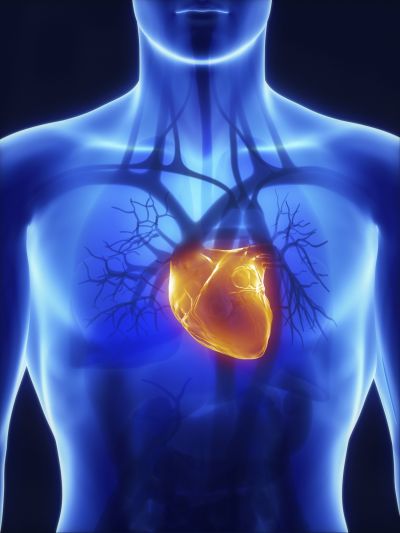
A European study investigated how the inherent capacity of the heart to beat relies on its structure. The generated results and tools should prove useful in the diagnosis of pathological heart conditions.

Sepsis is a major health problem that requires urgent solutions. A European study discovered that certain enzymes released by immune cells could help reduce the extent of inflammation.
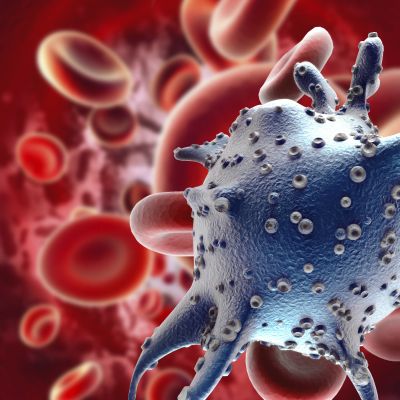
The AIDS pandemic still looms over countries in sub-Saharan Africa (SSA), urgently requiring innovative treatments. The identification of novel pharmaceutical targets for halting HIV replication will hopefully reduce the magnitude of the problem.
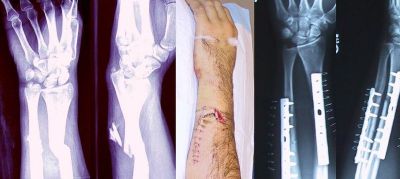
Fixation of broken bones currently relies on mechanical fasteners such as plates, nails and wires. A new bio-inspired hydrogel mimicking a substance produced by marine organisms could be a major advance, particularly for splintered and multiple fractures.
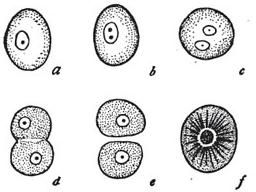
Die Chromosomenzahl in einer Keimzelle einer Art muss immer gleich bleiben. Zu viele Chromosomen verursachen Erkrankungen wie das Down-Syndrom, und zu wenige Chromosomen begünstigen Tumorerkrankungen.

Myelination is crucial for the proper functioning of the nervous system. Study of the mechanisms controlling the synthesis of myelin is essential to identify novel avenues of intervention for demyelinating diseases, such as multiple sclerosis.
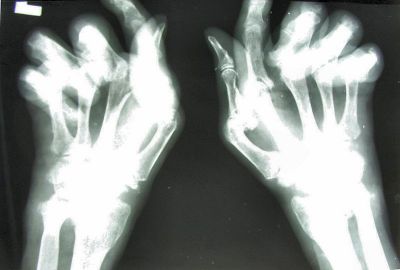
Rheumatoid arthritis (RA) is an incurable autoimmune condition affecting millions of people around the world. EU-funded researchers investigated the gene variants implicated in predisposition to RA.
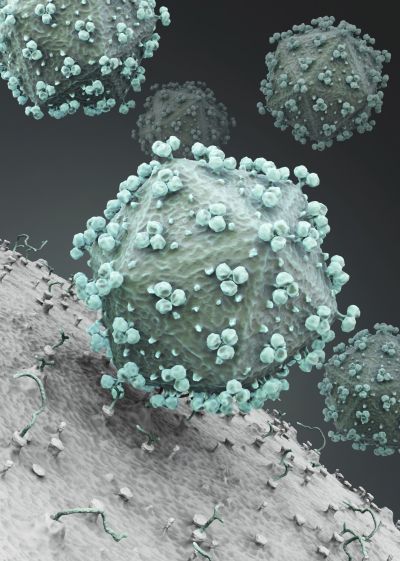
Congenital syphilis and HIV infections are major causes of infant morbidity and death. The availability of an affordable and user-friendly test that allows same day treatment would save many newborn lives.

Industrialised countries are experiencing a rise in asthma. Understanding the molecular events that culminate in disease pathophysiology is central for designing novel treatments.
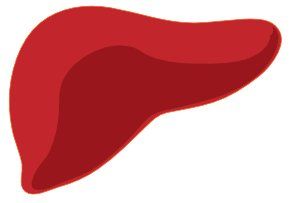
Deconvolution of immune responses is central to designing effective immunotherapeutic strategies. A European study focused on specific hepatocyte molecules with a novel role in viral immune responses.

A European project targeted improved health care provision by focusing on the design of catheters. The aim of the study was to develop improved design principles for catheters that reduce clinical complications and patient discomfort.

The cannabinoid system is implicated in many physiological functions of the human body. Cannabinoid receptors present a promising therapeutic target for a number of conditions, including psychological and movement disorders, obesity, neuropathic pain and cancer.

A large multi-disciplinary European consortium is underway to develop a novel drug for preventing blindness in prematurely born infants.

Labour is the largest item of health expenditures and is central to the effectiveness and quality of care delivered.

Gene and cell therapy are emerging as novel alternatives to existing treatments. A European consortium is evaluating the implementation of such innovative approaches for the treatment of epilepsy.

Caesarean section (CS) rates vary considerably throughout Europe. An EU-funded project aims to lower these rates by increasing vaginal birth after caesarean section (VBAC).

Oxidative damage to genetic material affects its integrity and stability, and leads to development of pathologies. Chemical studies of DNA reactivity are fundamentally important as an individual cell can suffer up to 1 million DNA changes per day.

An EU-funded project designed to improve the removal rate of cancerous tumours held its first technical meeting in Brussels recently.
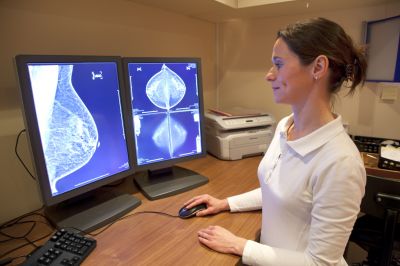
All the functions and dysfunctions in the body are mediated by chemical molecules, billions of them. New experimental techniques have now made it possible to study chemical modifications that play a role in breast cancer.

High blood pressure — hypertension — is a chronic medical condition that increases risk of death from stroke, atherosclerosis and other diseases. The condition results from a complex interaction of genes and environmental factors.
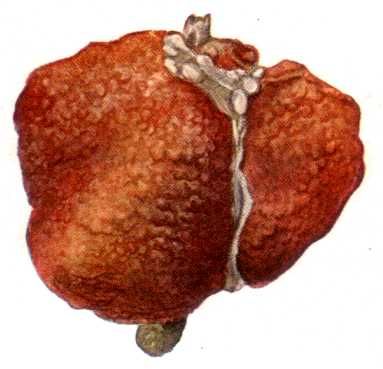
Chronic liver inflammation can lead to hepatocellular carcinoma (HCC), one of the most common types of liver cancer and the third leading cause of cancer deaths worldwide. However, the initial cellular and molecular events that trigger the inflammation are still largely unknown.
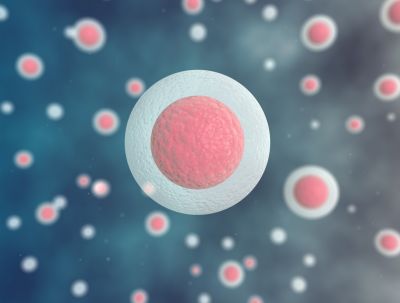
Stem cell science and technology hold a great deal of promise for tissue repair and regeneration. A major barrier has been the inability to accurately track cell lineages and to distinguish them from other cell types within the tissue.
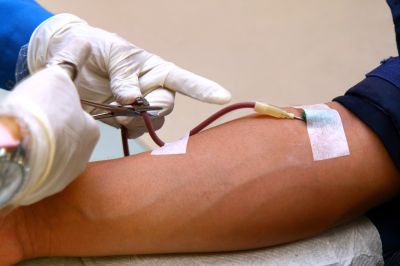
The incidence of acute myeloid leukaemia (AML), the most common acute leukaemia affecting adults, increases with age. Discovery of novel oncogenes and/or tumour suppressors involved in AML can lead to design of novel therapies for leukaemia treatment.

The RAPTADIAG team has developed a novel diagnostic test for bacterial meningitis which may be used for detecting bacterial pathogens of all kinds.
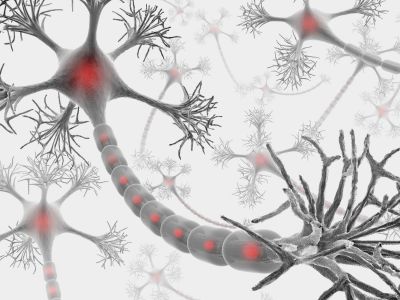
A significant degree of neuroregeneration occurs in the peripheral nervous system. This process is governed by chemotactic factors secreted from Schwann cells.
























